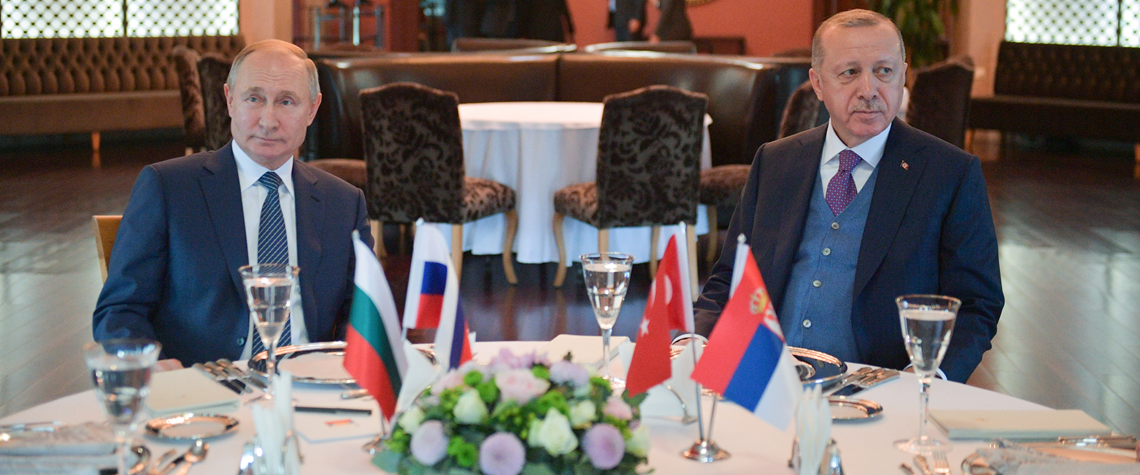Turkey’s dual Libya objectives
Moscow’s cooperation with Ankara in seeking a Libya peace deal implies Russian acceptance of Turkey’s controversial East Med maritime border claims
Russia and Turkey, previous backers of opposing sides in the Libya conflict, have clearly decided that—if they could jointly achieve peace in the country—both would be assured of a lasting stake there. This would be a blow to the European powers most closely associated with Libya, Italy and France, which have persistently tried and failed to bring the fighting to an end. Both countries have strong energy links with Libya which they would like to expand. Now there is a possibility that Russian and Turkish firms will put Libya’s oil and gas reserves in their sights. Russia has said in the past that it is interested in working jointly with Turkey on energy exploration and development. For Pre

Also in this section
26 July 2024
Oil majors play it safe amid unfavourable terms in latest oil and gas licensing bid rounds allowing Chinese low-ball moves
25 July 2024
Despite huge efforts by India’s government to accelerate crude production, India’s dependency shows no sign of easing
24 July 2024
Diesel and jet fuel supplies face a timebomb in just four years, and even gasoline may not be immune
23 July 2024
Rosneft’s Arctic megaproject is happening despite sanctions, a lack of foreign investment and OPEC+ restrictions. But it will take a long time for its colossal potential to be realised







